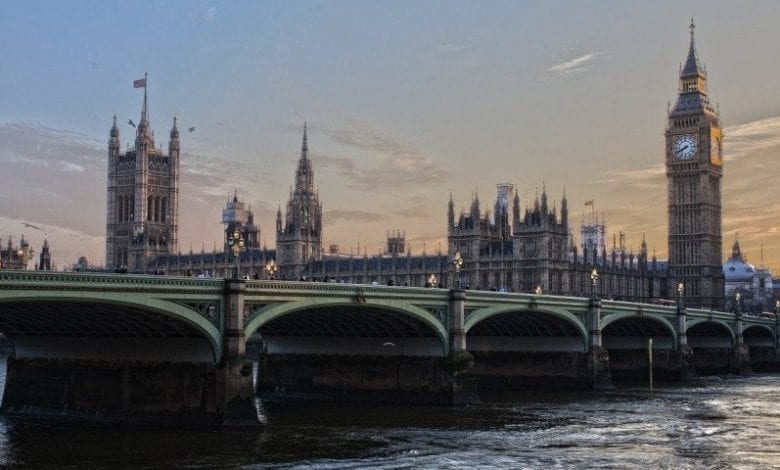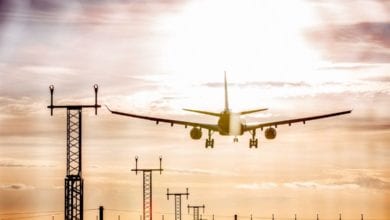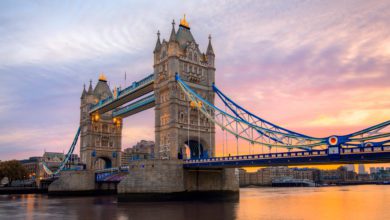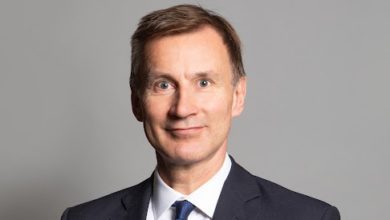Economy
London occupancy continues to decline amid terrorism fears

Hotel occupancy in London showed its sixth consecutive quarter of year-on-year decline, with Brexit poised to subdue the sector further.
You'll need to
subscribe to unlock this content. Already subscribed? Login?







